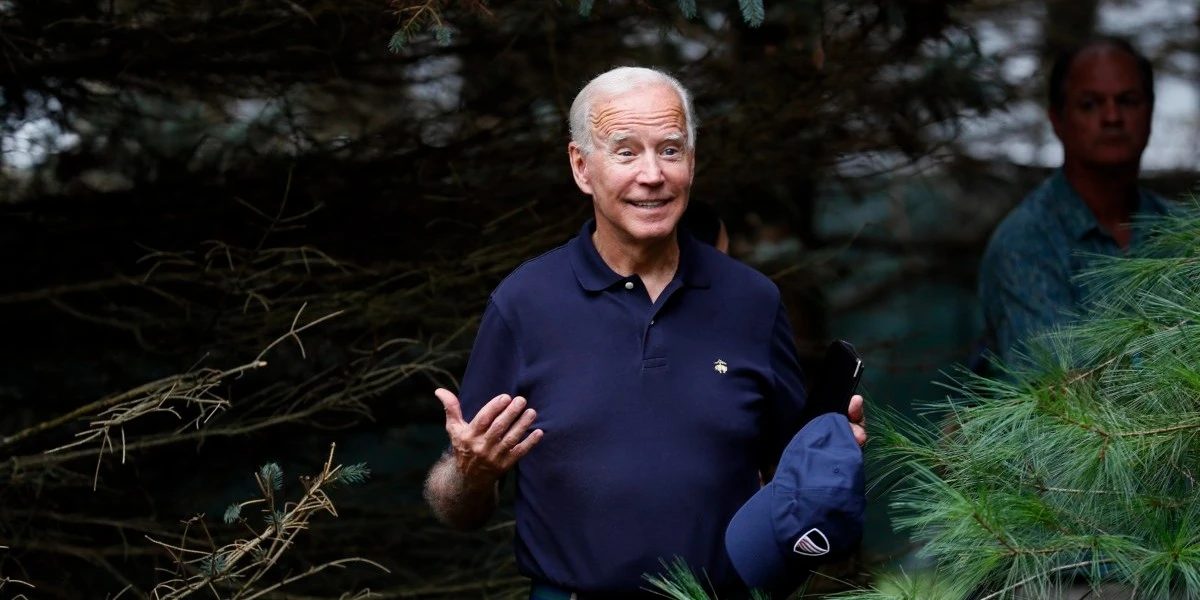President Biden's updated 'Build Back Better' proposal does not include the modification to the federal electric car incentive system, which includes an additional $12,500 EV incentive.
President Joe Biden has made it clear that he wants to change the federal EV incentive system since the Democrats returned control of the White House and gained a majority in both the House and the Senate.
There are some serious faults in the existing program. The primary one is that it limits the $7,500 tax credit per manufacturer to 200,000 electric vehicles.
It disadvantages automakers like Tesla and GM, which were early proponents of electrical cars.
The second big disadvantage is that the incentive is in the form of a $7,500 tax credit, which needs you to have the same federal tax burden as you, and it is only applied to your next tax return.
Several proposals to alter the EV incentive have developed in the last year.
The most current has been incorporated into Biden's large 'Build Back Better Act,' which has been a source of contention in the US legislature for months.
The White House has produced an updated version of the proposal, which "President Biden is sure can pass both chambers of Congress," according to the White House.
The increased $12,500 EV incentive was confirmed by the White House in the framework:
"Provide significant consumer incentives to ensure that middle-class people save money as they convert to clean energy and electrification." The Build Back Better framework's consumer rebates and credits will save the average American family hundreds of dollars per year in energy bills. Enhancement and expansion of existing home energy and efficiency tax credits, as well as the introduction of a new, electrification-focused rebate program, are among the measures being considered. The framework will reduce the cost of installing rooftop solar for a home by around 30%, reducing the payback period by about 5 years; and the framework's electric vehicle tax credit will save a middle-class family $12,500 on an electric vehicle made in America with American materials and union labour. In addition, through targeted grants and loans from the Department of Agriculture, the framework will assist rural communities in taking advantage of the clean energy opportunity."
The program's details are not included in the framework.
When the programme was first introduced earlier this year, we noted all of the major changes:
- Remove the 200,000-vehicle limit for each manufacturer.
- Keep the $7,500 incentive for new electric cars in place for another five years.
- Instead of a tax credit, make the $7,500 incentive a point-of-sale discount.
- EVs with battery packs less than 40 kWh are only eligible for a $4,000 tax credit.
- Add $4,500 to the price of an electric vehicle built in a union factory.
- Add $500 for electric cars with battery packs that contain 50% US-made components (including cells).
- After the first five years, the $7,500 applies exclusively to electric vehicles built in the United States, and it is valid for another five years.
- They introduce price limits on the EVs eligible for the incentives:
Sedans under $55,000
SUVs under $69,000
Pickup trucks under $74,000
Vans under $54,000
- They're also setting income caps in place to gain access to the incentives, but they're rather high: individuals can earn up to $400,000 and joint filers can earn up to $800,000.





0 Comments